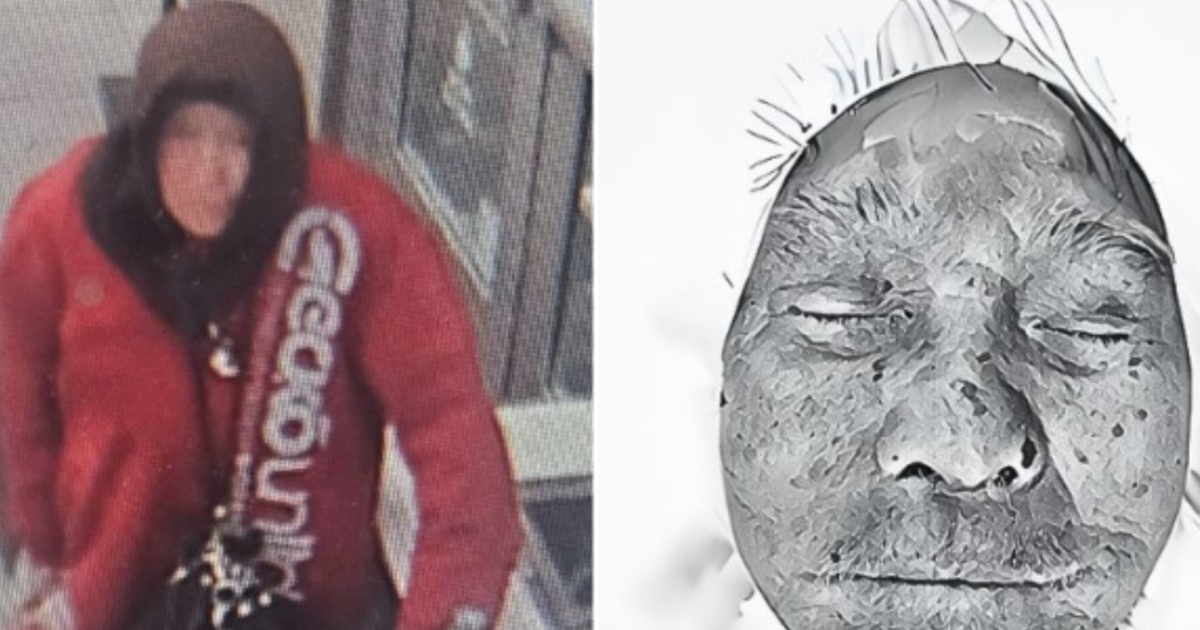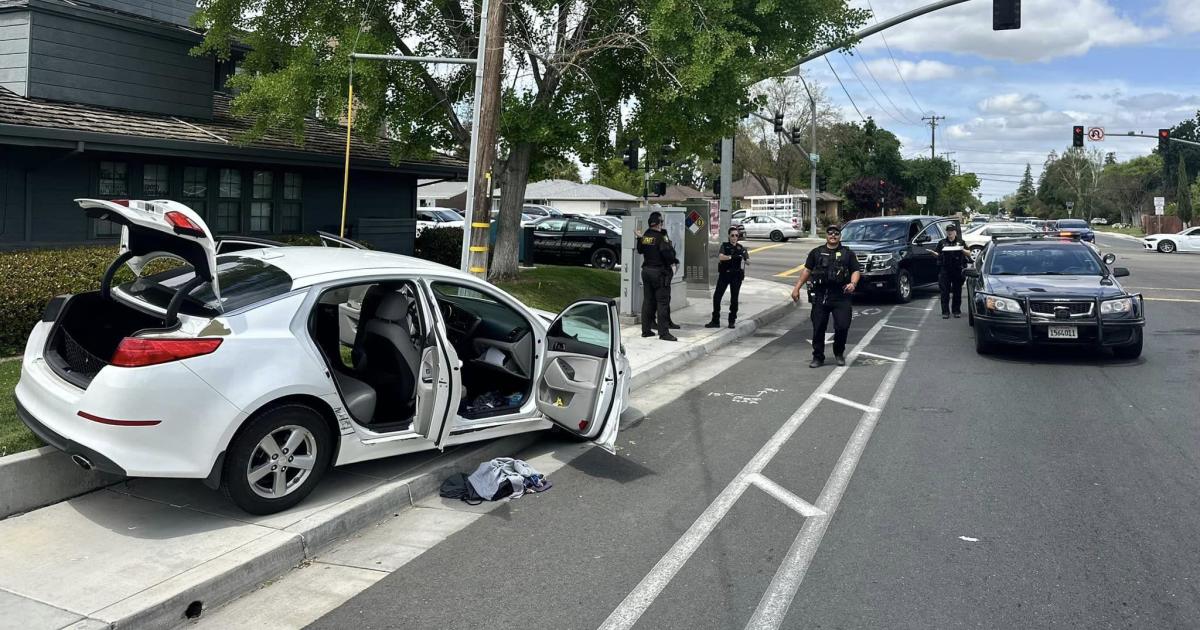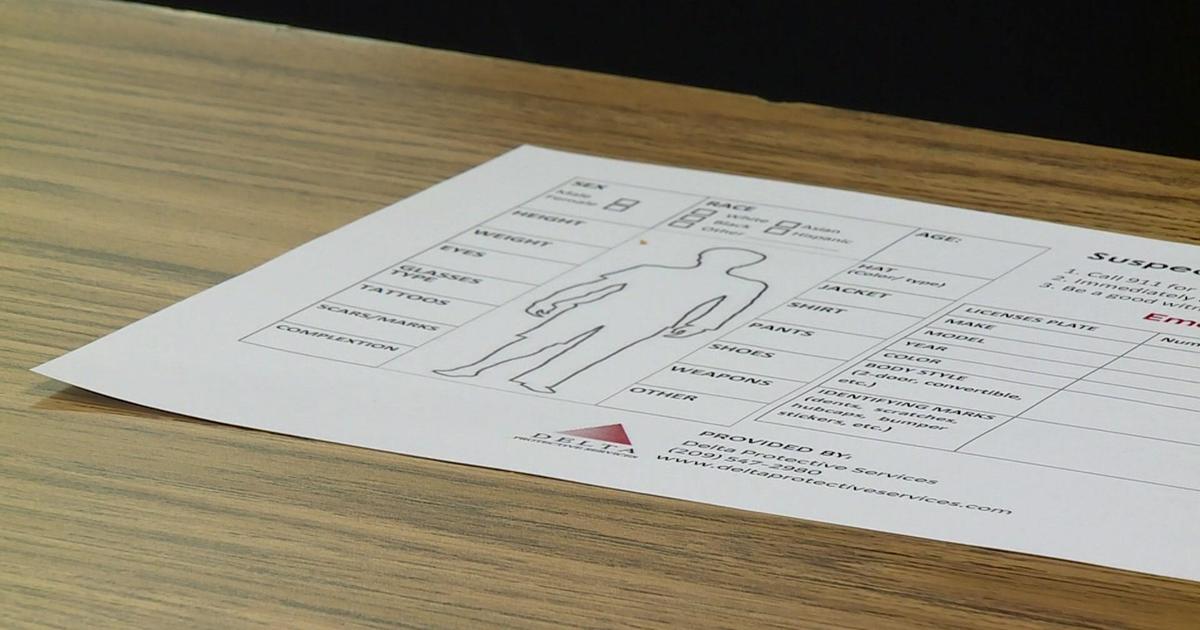Sacramento County Sheriff Hopes Intelligent Policing Will Tighten Bond With Communities
SACRAMENTO COUNTY (CBS13) — The Sacramento County Sheriff wants to make major changes to change the way parts of the county are portrayed by law enforcement.
They are stretched thin, heavily burdened and recognize the need to make adjustments. That's why the department won't look the same in the very near future.
Budget cuts sliced 30 percent of its staff in 2008, and as Sheriff Scott Jones said in a one-on-one interview, the department is still feeling the effects.
"We've not recovered from that in terms of numbers," he said. "We're still down about 22-23 percent in terms of sworn staff."
Faced with the shortfall, the sheriff is even more proud of piecing together a good law enforcement team that needs to cover a lot of ground, including areas of the county that aren't always easy to reach quickly.
Jones realized something more needed to be done.
"The reality is we got to a point where we're pretty much maxed out in both our 911 response was trickling higher in terms of response or ability to address these quality of life issues kind of plateaued, so we knew we needed a bit of a different approach," he said.
A recent boost in the budget has helped kick that different approach into gear.
The change to what the sheriff calls intelligent policing will have 46 new members of the department leading the charge. They include deputies and community resource officers.
The goal is to focus on tackling quality of life issues, such as home and car break-ins, vandalism and graffiti.
The first step has already been taking as crime rates are being re-analyzed in every corner of the county.
"What we've been doing is studying the service demands and we're redistricting our zones in our districts to more closely approximate where the traditional crimes rates have been," he said.
By identifying the heavy workload areas, the sheriff will then strategically place his men and women, along with community resource officers.
Instead of having larger zones where an officer is spending most time going from call-to-call, they would already be in place.
"If I can confine officers to a geographic point, to a geographic area, they do become more aware," he said. "They do have ownership of that area."
He's hoping the plan has nearly every patrol officer be part of a problem-oriented policing approach where familiar faces walk the beat and get to know the people they serve.
Another key component of his plan is time management. Jones wants to give his patrol officers 45 percent free time to head-off and stop and potential quality of life crimes before they happen. Currently, he says his deputies have just 15 percent of free time.
Patrol officers will also answer to a specific sergeant to maintain consistency.
The bottom line with the changes, which will be in full effect by the start of next year, is familiarity breeds confidence. Communities will be seeing the same officers, and deputies will become familiar with the so-called bad elements.



